We believe in fostering a safe and secure environment for our campus and community members. If you see something that doesn't seem right or witness suspicious behavior, we encourage you to speak up. Your vigilance plays a crucial role in maintaining the well-being of our campus, and we thank you for your commitment to our shared safety.
Campus Safety
At UNC Pembroke, the safety and well-being of our campus community is a shared priority. This hub brings together essential resources and departments dedicated to keeping students, faculty, staff and visitors informed, prepared and protected.
Be in the Know
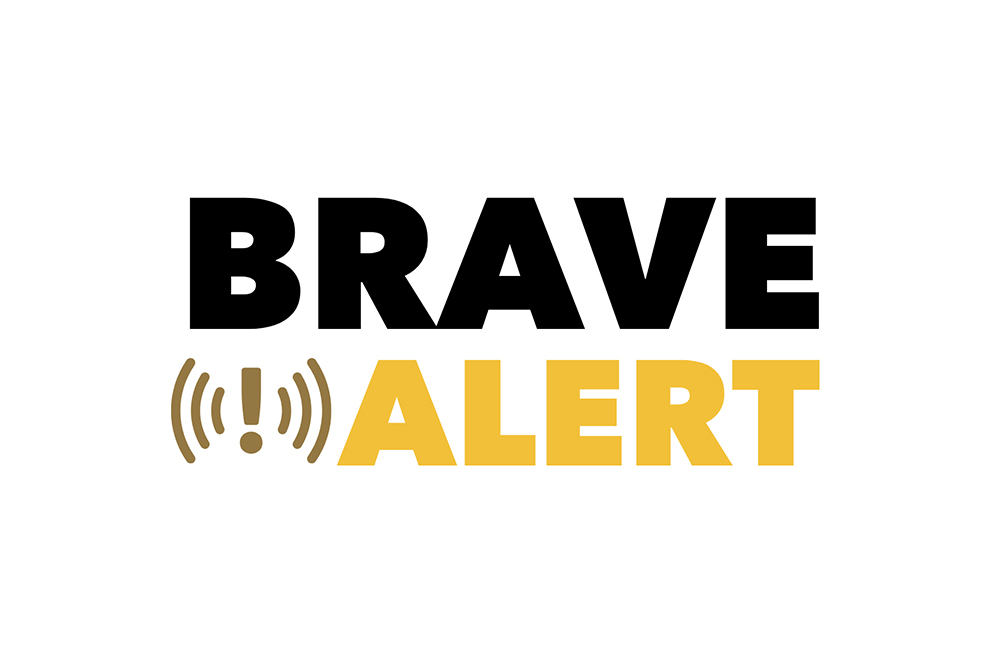
BraveAlert
When UNCP issues an alert, information can be sent via text, email and/or phone to devices that are signed up to receive alerts. Check here for additional emergency-related news.
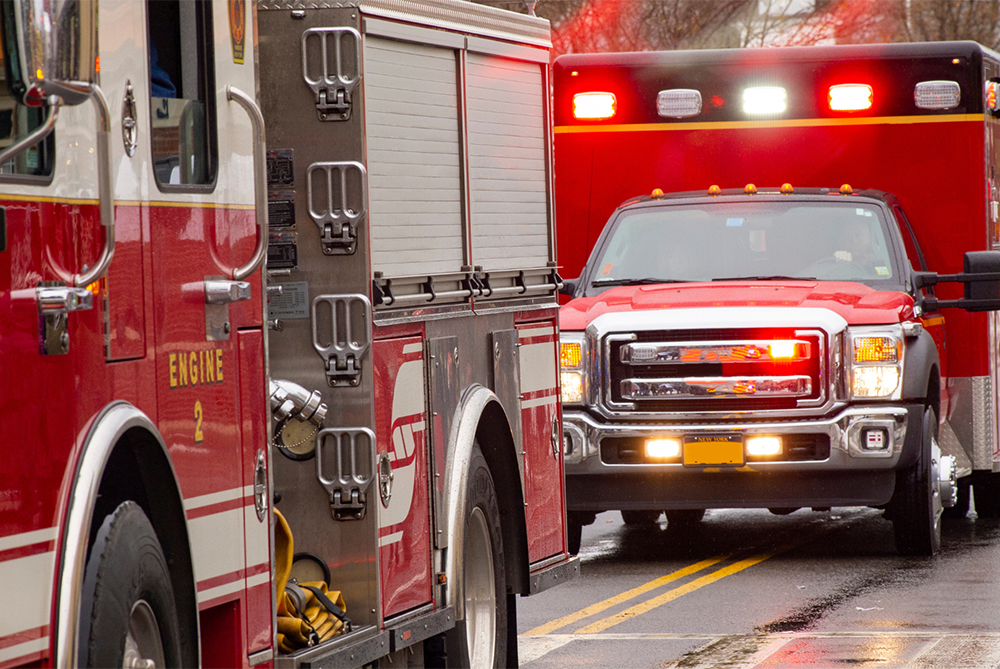
Emergency & Safety Resources
Learn about how to be prepared in the case of an emergency and to use campus emergency call boxes, get safety tips and find out how you can help keep campus safe.

Report a Concern
If you need to report a non-emergency, on-campus incident to campus police, please use this form. Additional information is available on the Police & Public Safety site.

Care Report
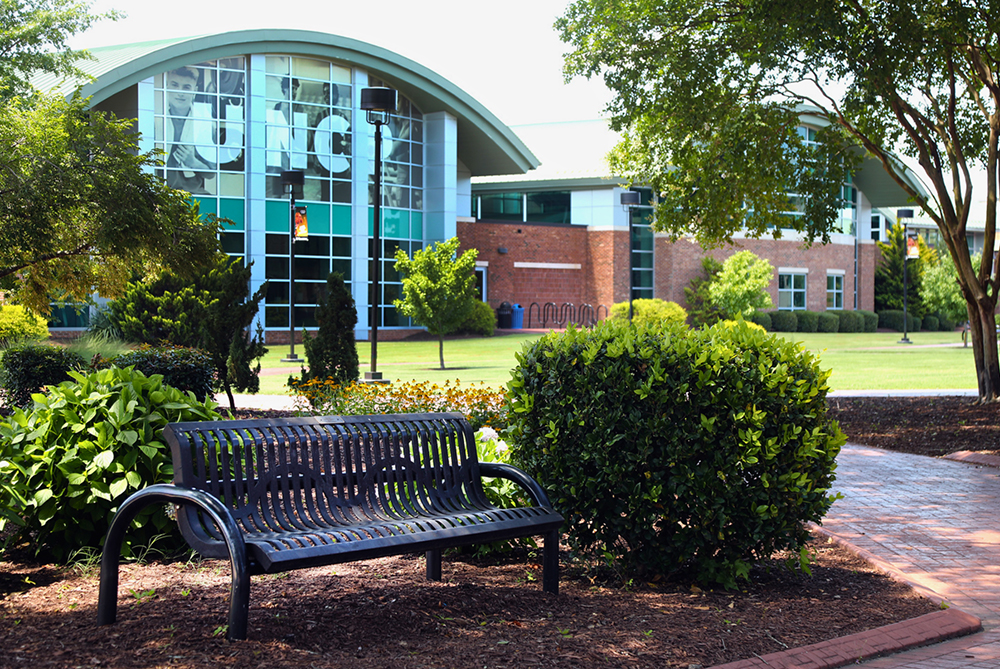
Title IX & Clery Compliance

Parking & Transportation

See Something
Say Something
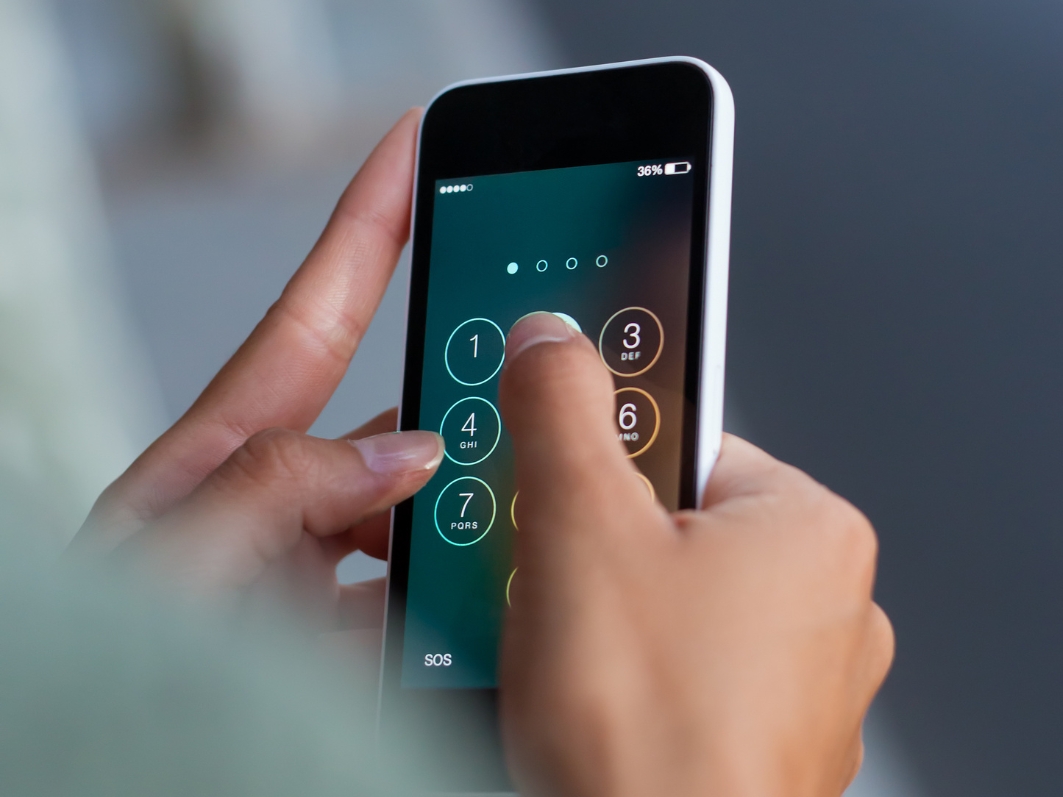
Hazing Prevention & Reporting
UNC Pembroke is committed to fostering a safe and inclusive environment for all students. Hazing, in any form, is strictly prohibited by university policy and state law. As part of our ongoing efforts to promote student safety, well-being, and accountability, the university maintains a transparent and educational approach to hazing prevention.
No chapter, colony, student or alumnus shall conduct or condone hazing activities. Hazing is: “Any action taken or situation created intentionally or unintentionally, with or without consent of the person being hazed, whether on or off campus, to produce mental or physical discomfort, embarrassment, harassment or ridicule. Such activities may include but are not limited to the following: use of alcohol; paddling in any form; creation of excessive fatigue; physical and psychological shocks; quests; scavenger hunts; road trips; wearing of apparel which is conspicuous and not normally in good taste; engaging in public stunts; morally degrading or humiliating games and activities and any other activities which are not consistent with academic achievement, fraternal law, ritual or policy or the regulations and policies of UNC Pembroke, or North Carolina state law.”
It is unlawful for any student in attendance at any university, college, or school in this State to engage in hazing, or to aid or abet any other student in the commission of this offense. For the purposes of this section hazing is defined as follows: "to subject another student to physical injury as part of an initiation, or as a prerequisite to membership, into any organized school group, including any society, athletic team, fraternity or sorority, or other similar group." Any violation of this section shall constitute a Class 2 misdemeanor. (1913, c. 169, ss. 1, 2, 3, 4; C.S., s. 4217; 1969, c. 1224, s. 1; 1993, c. 539, s. 19; 1994, Ex. Sess., c. 24, s. 14(c); 2003-299, s. 1.)
Hazing includes any action or situation, whether on or off campus, that recklessly or intentionally endangers the mental, emotional or physical health or safety of a student for the purpose of initiation, admission into, affiliation with or continued membership in any student organization. This includes but is not limited to:
Subtle Hazing
Subtle hazing is a behavior that emphasizes a power imbalance between new members/initiates and other members of the organization. Termed “subtle hazing” because this hazing is often overlooked or accepted as “harmless” or meaningless. Subtle hazing typically involves activities or attitudes that breach reasonable standards of mutual respect and place new members/initiates on the receiving end of ridicule, embarrassment, and/or humiliation tactics. New members/initiates may feel like they need to endure subtle hazing to feel like part of the organization. (Some types of subtle hazing may also be considered harassment hazing). Examples include, but are not limited to, the following:
- Assigning demerits
- Deception
- Deprivation of privileges granted to other members
- Requiring new members/initiates to perform duties not assigned to other members
- Line-ups and Drills/Tests on information
- Socially isolating new members/initiates
- Line-ups and drills/tests on meaningless information
- Name-calling
- Requiring new members/aspirants to refer to other members with titles, to suggest subornation, inferiority or second-class status
- Expecting certain items to always be in one's possession or taking possession of one's items without asking for permission
- Expecting or requesting new members/initiates to be deprived of maintaining their regular class study or schedule
Harassment Hazing
Harassment-hazing behaviors have the potential to cause emotional anguish or physical discomfort to feel like part of the group. It can be viewed as confusing, frustrating and/or causing undue stress for new members/aspirants. (Some types of harassment hazing can also be considered violent hazing). Examples include, but are not limited to, the following:
- Verbal abuse, including berating of individuals
- Threats or implied threats
- Asking new members to wear embarrassing or humiliating attire
- Stunt or skit events with degrading, crude, or humiliating acts
- Expecting, requesting or demanding new members/rookies to perform personal service to other members, such as carrying books, running errands, cooking, cleaning, etc.
- Sleep deprivation
- Sexual simulations or stimulation
- Expecting new members/rookies to be deprived of maintaining a regular schedule of bodily cleanliness.
- Demanding or expecting new members/rookies to harass others
Violent Hazing
Violent hazing behaviors have the potential to cause physical and/or emotional or psychological harm or trauma. Examples include, but are not limited to, the following:
- Forced or coerced alcohol or any other drug consumption
- Beating, paddling or other forms of assault or blunt-force trauma, including striking with fists or any other objects
- Branding
- Forced or coerced ingestion of vile substances or concoctions
- Burning
- Water intoxication or over-consumption of food or other substances
- Expecting abuse or mistreatment of animals
- Public nudity
- Expecting or demanding or assignment of activities that would be illegal (e.g., shoplifting) or unlawful or might be morally offensive to new members/initiates
- Forced or required conduct that could embarrass or adversely affect the dignity of the individual
- The intentional creation of cleanup work or labor for new members/initiates by other members
- Bondage
- Abductions/kidnapping/holding against one's will
- Forced exposure to cold weather or extreme heat, regardless of appropriate protection
- Participation in physical activities such as calisthenics, exercises or other so-called games
Hazing is not only a violation of university policy, but it is also a violation of North Carolina state law.
If you believe you or someone else has experienced hazing, we encourage you to report it immediately. Reports can be made confidentially through the following channels:
Office of Student Conduct
Location: UC Annex, Suite 220
Email: studentconduct@uncp.edu
Phone: 910.521.6851
Student Conduct Online Reporting Form
See Something, Say Something Anonymous Incident Report
UNC Pembroke is committed to investigating all reports of hazing thoroughly and taking appropriate action to protect our BraveNation community.
To promote accountability and provide public access to hazing-related outcomes, UNC Pembroke publishes a Campus Hazing Transparency Report. This report summarizes the results of investigations into hazing allegations where a student organization was found responsible for violating the university's hazing policy.
The report is updated and published by the Director of Student Conduct or designee and is also included in the Annual Security and Fire Safety Report (ASFSR).
Campus Hazing Transparency Report:
Know the Rules. Stay Informed.
Understanding university policies isn’t just about following rules — it’s about knowing your rights, responsibilities and the resources available to you. Whether it’s academic integrity, campus safety or student conduct, these policies are here to support your success and well-being.
Why read them?
- Avoid unintentional violations
- Make informed decisions
- Know where to turn for help
Take a few minutes to explore the policies that shape your campus experience. It’s knowledge that protects and empowers you.

Who Should I Contact?

Environmental Health & Safety
EH&S promotes a safe and healthy campus through training, compliance oversight and risk prevention.
Call: 910.521.6792
Email: safety@uncp.edu
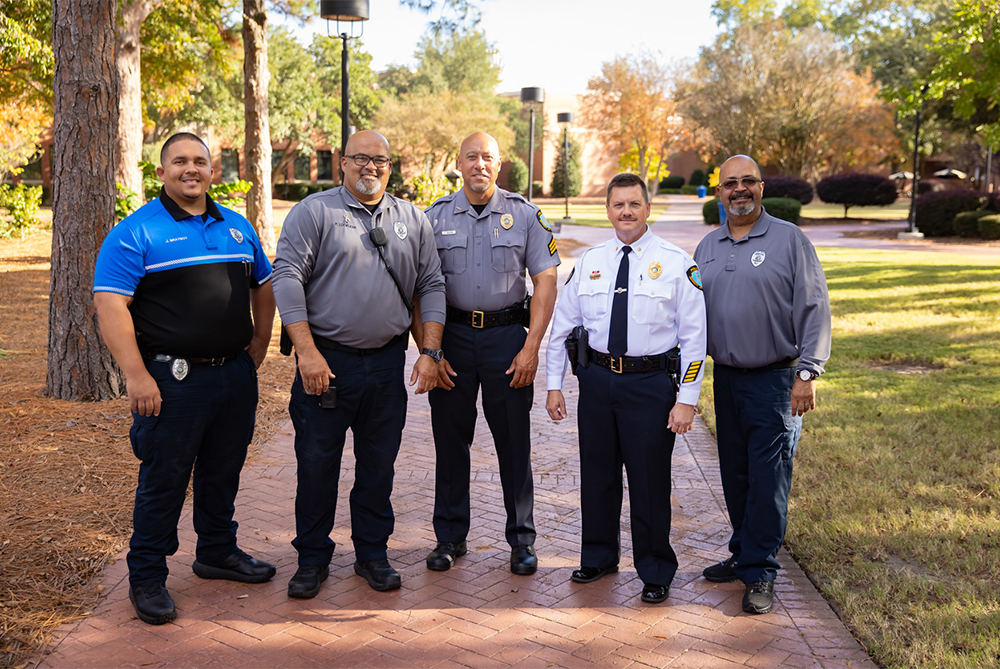
Campus Police & Public Safety
A full-service law enforcement agency responsible for protecting life and property on the UNC Pembroke campus.
Call: 910.521.6235
Email: police@uncp.edu
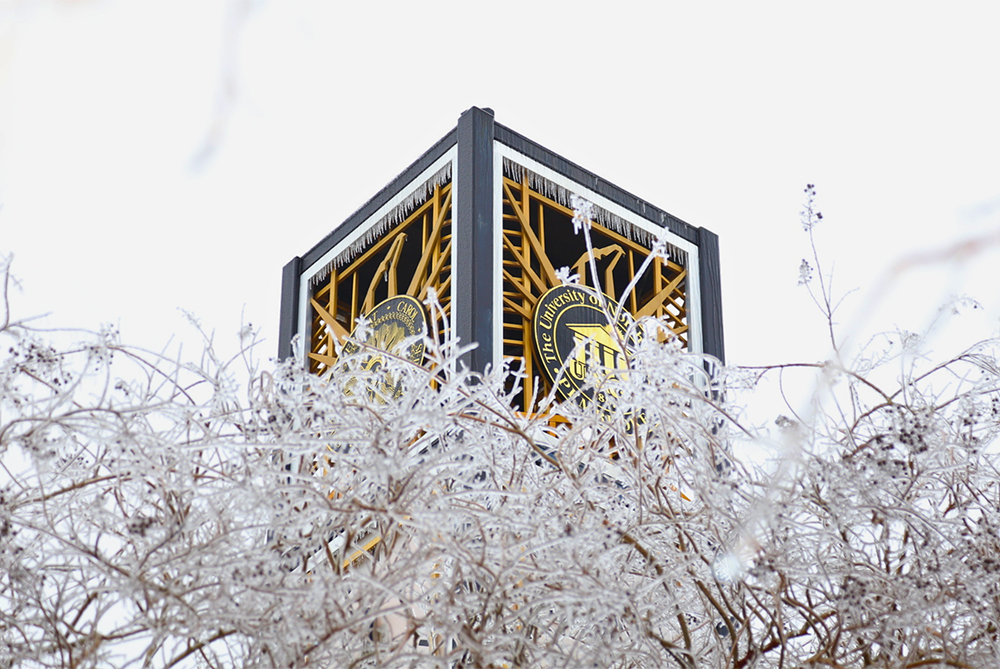
Communications & Marketing
In the event of an emergency, UCM crafts and distributes timely, accurate information to keep the campus and broader community informed.
Call: 910.521.6533
Email: askuncp@uncp.edu